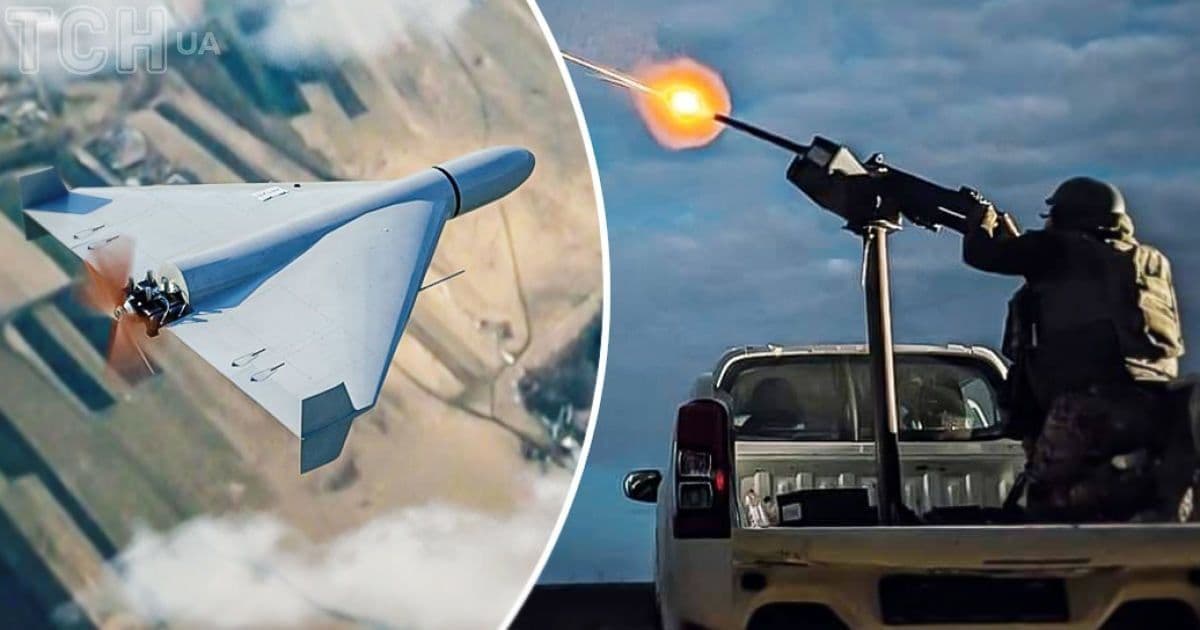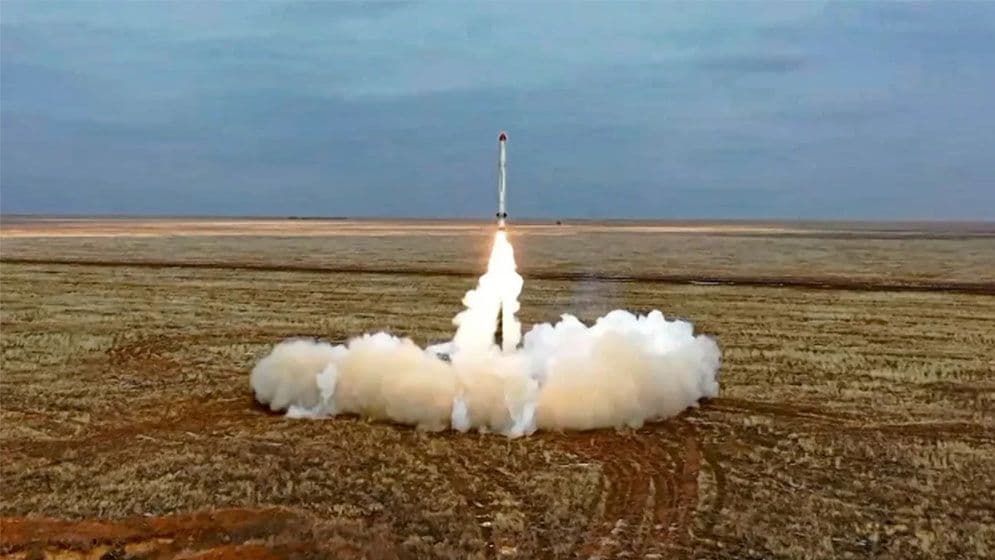Tuapse's Crucible: A Black Sea Port at the Heart of Modern Geopolitics
Unpack Tuapse's strategic role amidst Black Sea tensions. Explore its history, economic significance, and the ripple effects of recent events on local life and global logistics.
The Unsettling Calm: Recent Vibrations in Tuapse
A port town on Russia's Black Sea coast, , has recently found its name echoing across international headlines, no longer for its scenic views but for the unsettling sounds of sirens and explosions. Social media channels, often the first conduit for raw, unfiltered information, quickly relayed reports of marine drone attacks targeting the port. Residents described a sudden shift from ordinary life to a state of alarm, with sounds of blasts and even automatic gunfire cutting through the night. The local authorities, including the head of the Tuapse municipal district, , didn't mince words, issuing warnings about the threat of uncrewed surface vessels (USVs) and urging coastal evacuations. Amidst the chaos, videos purporting to show the moment a marine drone struck the Tuapse port circulated online, adding a stark visual to the growing tension. These incidents shatter any illusion of remote calm, bringing the stark realities of an ongoing conflict directly to Russia's southern coast and underscoring the expanding geographical reach of modern warfare.
Tuapse's Strategic Pulse: More Than Just a Port
While the immediate reports focus on the dramatic attacks, understanding Tuapse's true significance requires looking beyond the immediate news cycle. This isn't just any port; it's a critical artery in Russia's energy and logistics network. Tuapse hosts one of the largest oil export terminals on the Black Sea, a vital conduit for Russian crude oil destined for global markets. Disruptions here don't just affect local operations; they ripple through the international energy landscape. Beyond oil, the port is a crucial transportation hub, handling a variety of cargo and playing a role in regional trade. The recent incidents, which reportedly caused injuries to company employees and led to temporary office closures and evacuations, highlight the inherent vulnerability of such critical infrastructure. While , further along the coast, has become the primary naval base for Russia's Black Sea Fleet after withdrawals from Crimea, Tuapse's economic and logistical importance makes it an equally compelling strategic target, exerting pressure on Russia's economic lifeline and its ability to sustain broader operations.
Echoes of Conflict: Why This Location Matters
The targeting of Tuapse is far from random; it's a calculated move within a broader geopolitical chess game. This location matters immensely because it represents an extension of the conflict into economically vital, previously perceived 'safe' zones. By striking Tuapse, attackers demonstrate an expanding reach and a capacity to disrupt key Russian energy exports and logistical chains. This strategy aims to degrade Russia's economic capacity, thereby impacting its ability to fund and sustain the ongoing war effort. The shift of Russia's Black Sea Fleet from Crimea to Novorossiysk, following a series of successful Ukrainian strikes, has already reshaped naval dynamics. However, focusing solely on military bases overlooks the equally critical role of commercial and energy infrastructure. Attacks on facilities like Tuapse's oil terminal serve as a potent reminder that the modern battlefield extends far beyond traditional front lines, encompassing economic vulnerabilities and forcing Russia to divert resources to protect its vast, exposed coastline. It's about demonstrating capability, inflicting economic pain, and maintaining constant pressure on the adversary.
Beyond the Headlines: The Local Impact and Global Repercussions
The recurring incidents in Tuapse, while strategic in intent, carry profound implications that extend far beyond military objectives. For the residents, the 'unsettling calm' has become a new normal, marked by the constant threat of sirens, the psychological toll of uncertainty, and the disruption to daily life. Evacuations from coastal areas, as seen in Tuapse, Sochi, and Gelendzhik, underscore the tangible human cost, replacing seaside tranquility with a pervasive sense of vulnerability. Economically, beyond the immediate damage to port facilities and the temporary cessation of operations, there's the broader risk of impacting global energy markets. A significant disruption to an oil terminal like Tuapse's could send tremors through international supply chains and potentially influence global oil prices. Furthermore, the environmental risks associated with attacks on oil infrastructure are immense, threatening the fragile Black Sea ecosystem. These incidents are a stark illustration of how localized conflicts can have cascading effects, transforming regional stability, influencing global economics, and forcing a re-evaluation of security in what were once considered peripheral areas. The crucible of Tuapse offers a sobering lesson in the interconnectedness of modern geopolitics.
Related Articles

Chornomorsk: A Port City's Unseen Battles and Unbroken Horizon

Chornomorsk: A Port City's Unseen Battles and Unbroken Horizon

The Unscripted Presence: Selenskyj's Berlin Bet to Reshape Ukraine's Diplomatic Future

The Unscripted Presence: Selenskyj's Berlin Bet to Reshape Ukraine's Diplomatic Future

The Unseen Hand: How Modern Weapons Are Reshaping Global Diplomacy

The Unseen Hand: How Modern Weapons Are Reshaping Global Diplomacy

When Mountains Move: Unearthing the Silent Fury of Mudslides
